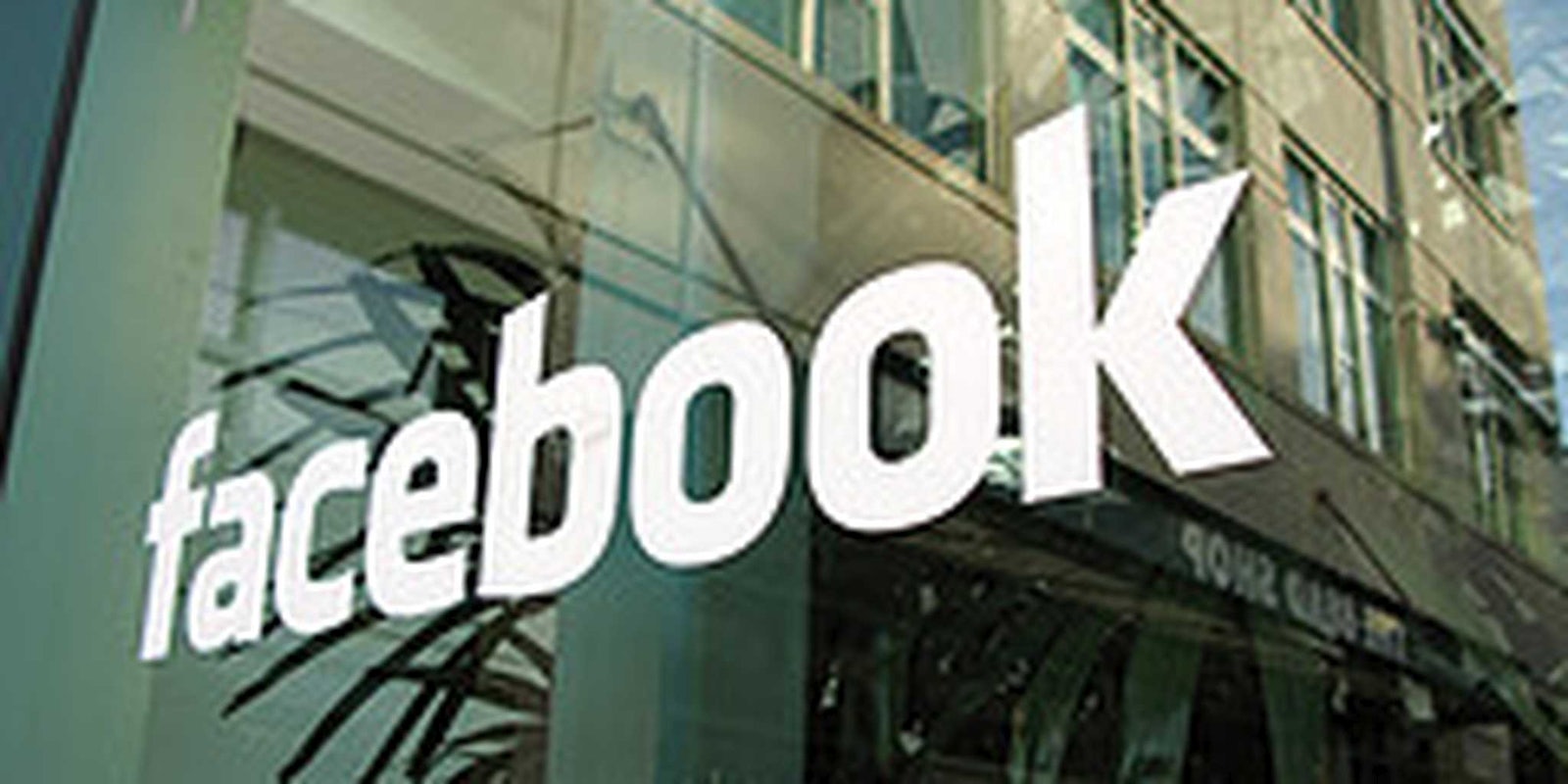For every report pointing out how teens are avoiding Facebook like it’s their weird cousin, there’s another report that highlights how the largest social network continues to dominate its field. It’s really hard to predict the future of Facebook because there’s really been nothing like it before; yes, Friendster languishes in the social network graveyard, and MySpace a cautionary tale, but Facebook’s scale so far surpasses predecessors that it’s much harder to imagine it fading away.
But even if it’s hard to imagine, it’s not that hard to map out onto a scientific model, as two Princeton engineering PhDs proved: in a paper that modifies a model for the spread of infectious diseases as a way to map Facebook’s trajectory, these researchers predict that the social network will shed 80 percent of its peak userbase by 2017, with a precipitous decline starting in 2015. Which is next year.
The researchers believe that Facebook reached its peak popularity in 2012, so if their epidemiological model is correct, the social network is already decaying.
The researchers used Google Trends to track how many queries were made into Facebook, since that data is publicly available, and provided an insight into Web traffic. To compare, they also analyzed MySpace using the same predictive model.
The results published in this paper are a bleak vision of Facebook’s future. According to the model, Facebook’s sharp downswing will begin this year, and it will lose 20 percent of its user base by December 2014. However, the researchers noted that their model may be too dire: “Facebook is more likely to deviate from the best fit curve on the side of slower decline,” they write, meaning: the decline will happen, but it may be slower than the model allows.
Still, when it came to making a conclusion, the researchers did not appear optimistic about Facebook at all: “Facebook will undergo a rapid decline in the coming years, losing 80 percent of its peak user base between 2015 and 2017,” they write.
Graphing Facebook as a disease, it certainly appears the end is imminent, and since MySpace’s decline matches up with the model, there is certainly cause for concern.
Don’t assume this means lights out next year. Facebook is really in any danger of hemorrhaging users. Facebook is a massive company, a tech superpower. This doesn’t mean it can’t crumble if users abandon the platform; but I’d be shocked if the prognosis set out here was correct and Facebook didn’t already know about it and have a plan to prevent it. There are already signs that the company is readying to bulk up its non-core products in case an exodus like this occurs. The platform is pursuing a new strategy this year that focuses on standalone apps like Instagram and Messenger, both of which are enjoying user growth. With sources saying the company is preparing another standalone newsreader app called Paper, it may be that Facebook has already anticipated a downturn in users for its main app and has decided to decentralize its efforts and splinter into a variety of standalones with more narrow purposes.
H/T Vocativ | Photo via Flickr/Marco Paköeningrat
